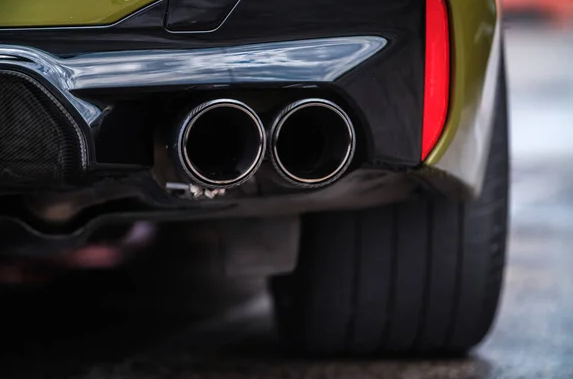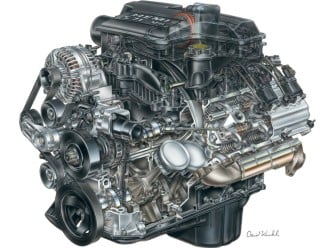First of all, let's understand what an exhaust pipe is. The exhaust pipe is a part of the car's exhaust system, which is used to discharge the hot and harmful gases generated by the engine out of the car. So how does the exhaust pipe affect the sound of the engine? This article will answer your doubts.
Exhaust pipes have a major impact on the sound your engine produces. The design and size of the exhaust pipe can change the pitch, volume and quality of the engine sound.
The diameter and length of the exhaust pipe can affect the sound produced by the engine. Larger diameter pipes allow for greater airflow, which results in a deeper, louder exhaust note. Conversely, smaller-diameter tubing restricts airflow, resulting in a higher-pitched, quieter sound. Additionally, longer tailpipes produce a deeper, raspier sound, while shorter tailpipes tend to produce a louder and more aggressive sound.

The shape of the exhaust pipe also affects the sound of the engine. Straight tubes provide a more aggressive raw sound, while curved or S-shaped tubes produce a smoother, rounder tone.
The materials used in the construction of the exhaust pipe also affect the sound of the engine. Stainless steel tubes are known for their durability and corrosion resistance, but they can also produce a more metallic sound. Titanium tubes, on the other hand, are lighter and produce a higher-pitched, racing-style sound. Likewise, carbon fiber tubes can produce a unique, exotic sound that's perfect for a performance car.
In conclusion, exhaust pipes can have a major impact on the sound produced by an engine. The diameter and length of the pipe can change the tone and volume, while the shape and material can affect the quality of the sound. Therefore, it is one of the important considerations for car enthusiasts and manufacturers.












